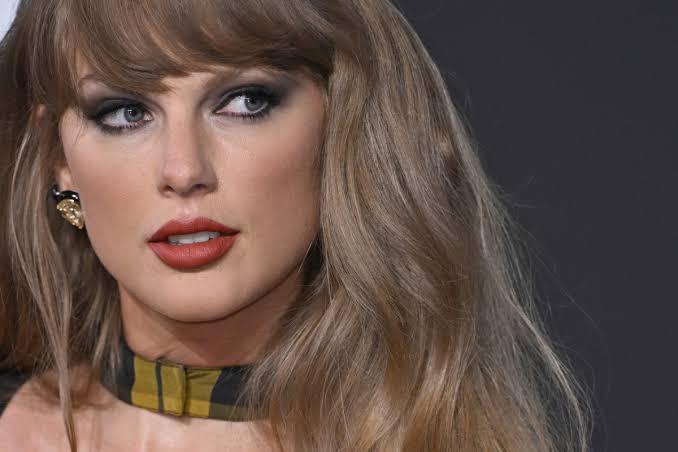Kimberly Marasco, the Florida artist who accused Taylor Swift and her production company of copyright infringement, on Tuesday spoke out one day after U.S. District Judge Aileen Cannon dismissed the pop megastar from the lawsuit.
Marasco, representing herself in this case, told Newsweek via email on Tuesday, “I initially began my lawsuit with just her production company as I knew from the start it would be hard to try and serve her, I’ve heard of horror stories when it comes to service of process so it wasn’t a surprise.”
“I believe because I’m pro se, I’m at a disadvantage. However, the defense didn’t get the case dismissed, only one defendant. It will continue the way I initially started the lawsuit, so I’m okay with that,” Marasco said.
Newsweek has contacted Cannon and a representative for Swift by email for comment.
Why It Matters
Marasco filed the lawsuit in April against Swift and Taylor Swift Productions, Inc., seeking over $7 million in damages.
Marasco alleged that Swift’s songs and music videos from albums like Lover, Folklore, Midnights and The Tortured Poets Department contained “creative elements” that were copied from her work without permission or credit.
Swift’s legal team has denied Marasco’s claims and sought to dismiss the case multiple times.
What To Know
On Monday, Cannon dismissed Marasco’s suit against Swift without prejudice after she failed to personally serve Swift with the lawsuit in the court’s allotted time frame.
Marasco made several attempts to serve Swift with the suit, including at the “Shake It Off” singer’s Nashville home, but was later informed that the superstar did not live there.
“Even after a person accepted service for her at a residence in Tennessee, the defense team claimed the person doesn’t know her but the person who accepted service never made any statement. I requested a hearing to go over this, but that was not allowed,” Marasco told Newsweek.
The court once extended the service deadline, as Marasco claimed it was difficult to track down Swift due to her Eras Tour travels, but ultimately found Marasco’s efforts insufficient.
“I hired two process servers who made several attempts each. If that’s not good enough to allow substitute service, then I don’t know what is. Not to mention I showed proof that any residence she bought are held under Trusts and LLCs and are tied to one business location for tax purposes, in which I also attempted service there, too,” she added.
Marasco had previously asked Cannon to allow her to serve Swift using “alternative methods,” including publishing the notification in a public forum, like a newspaper or the court’s website. In a December 9 court filing, Marasco said she had successfully served Swift with assistance from Florida’s secretary of state—a method she said in the filing was “the last resort.”
On December 13, Cannon said Marasco had “one final opportunity” to serve Swift by December 20 and file proof. Cannon said she would dismiss the claims if the deadline was not met, which she ultimately did.
Cannon also denied Marasco’s request for a hearing made earlier in December for all parties to discuss motions related to service of the lawsuit.
What People Are Saying
Neama Rahmani, former federal prosecutor, told Newsweek in a November email: “Superstars like Taylor Swift are often involved in copyright lawsuits. Their music is very valuable, so they have to sue others to protect it. But they’re also targets for lawsuits because of how rich and famous they are.”
What Happens Next
The case against Taylor Swift Productions, Inc., remains active, with a response from the singer’s company due by January 21.

















